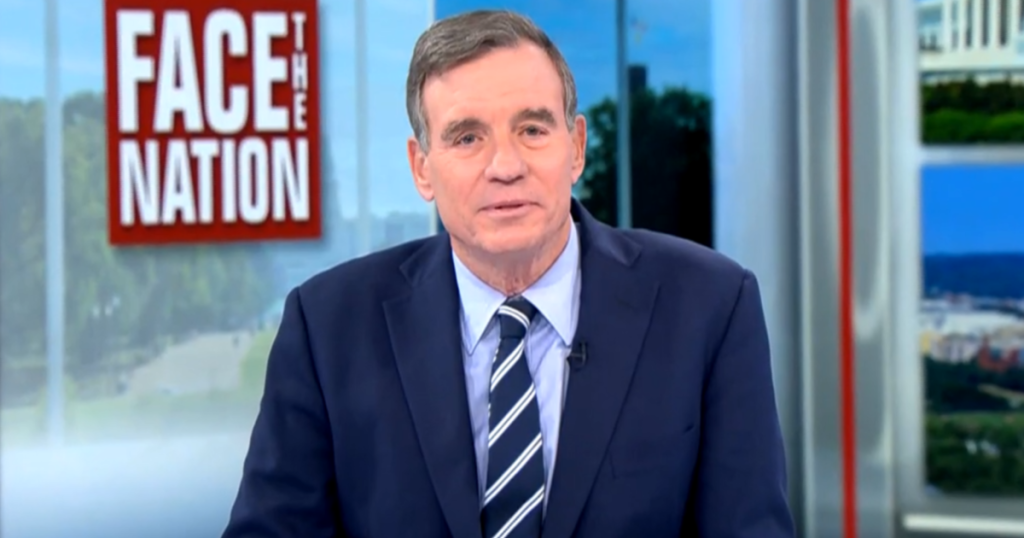Senator Mark Warner discussed the $61 billion in aid to Ukraine, with 60% of the funds staying in the US as an investment in the industrial base. He emphasized the need for Ukraine to receive crucial long-range artillery to continue their fight against the Russian forces. Warner highlighted the valor and effectiveness of the Ukrainian military in combating the Russians, and stressed the urgency of getting them the necessary equipment as quickly as possible to bolster their morale and capabilities.
Warner addressed China’s support for Russia in rebuilding its defense industrial base, which has implications for the conflict in Ukraine. He expressed concerns about China’s military support for Russia, as well as other countries like India providing resources to Russia. Warner emphasized the importance of the aid package for Ukraine passed by the House, which also includes additional assistance for Israel, humanitarian aid for Palestinians, and funds for the Indo Pacific region amid rising tensions with China.
The conversation shifted to the TikTok bill, which aims to force the Chinese-owned parent company, ByteDance, to divest from the platform. Warner highlighted the national security risks posed by TikTok, including its potential to influence US elections. Despite the bill’s timeline allowing ByteDance up to a year to divest, Warner stressed the need to address the impact of foreign-owned technology companies on national security and election integrity.
Discussions around Section 702, a key surveillance tool reauthorized for two years, focused on its role in combating the trafficking of fentanyl. Warner explained the significance of 702 in enabling the US government to monitor foreign communications, particularly those related to drug trafficking operations. He acknowledged past issues with the FBI’s handling of queries under 702 and highlighted reforms to address concerns about privacy and oversight in the surveillance program.
Warner emphasized the necessity of strict oversight and reform in surveillance programs like Section 702 to prevent misuse or overuse by the government. He highlighted the Senate’s efforts to pass a comprehensive reform bill with enhanced protections for individual privacy and national security considerations. Warner acknowledged the need for vigilance in safeguarding civil liberties while ensuring effective tools for combating threats such as drug trafficking and national security risks.
In conclusion, Warner acknowledged the complexity and importance of addressing national security challenges, both in Ukraine and in cybersecurity measures against foreign threats like election interference. He highlighted ongoing efforts to improve surveillance programs and address threats posed by foreign technology companies like TikTok. Warner reiterated the need for collaboration with international partners and stringent oversight to safeguard US interests and democratic processes against external threats.


